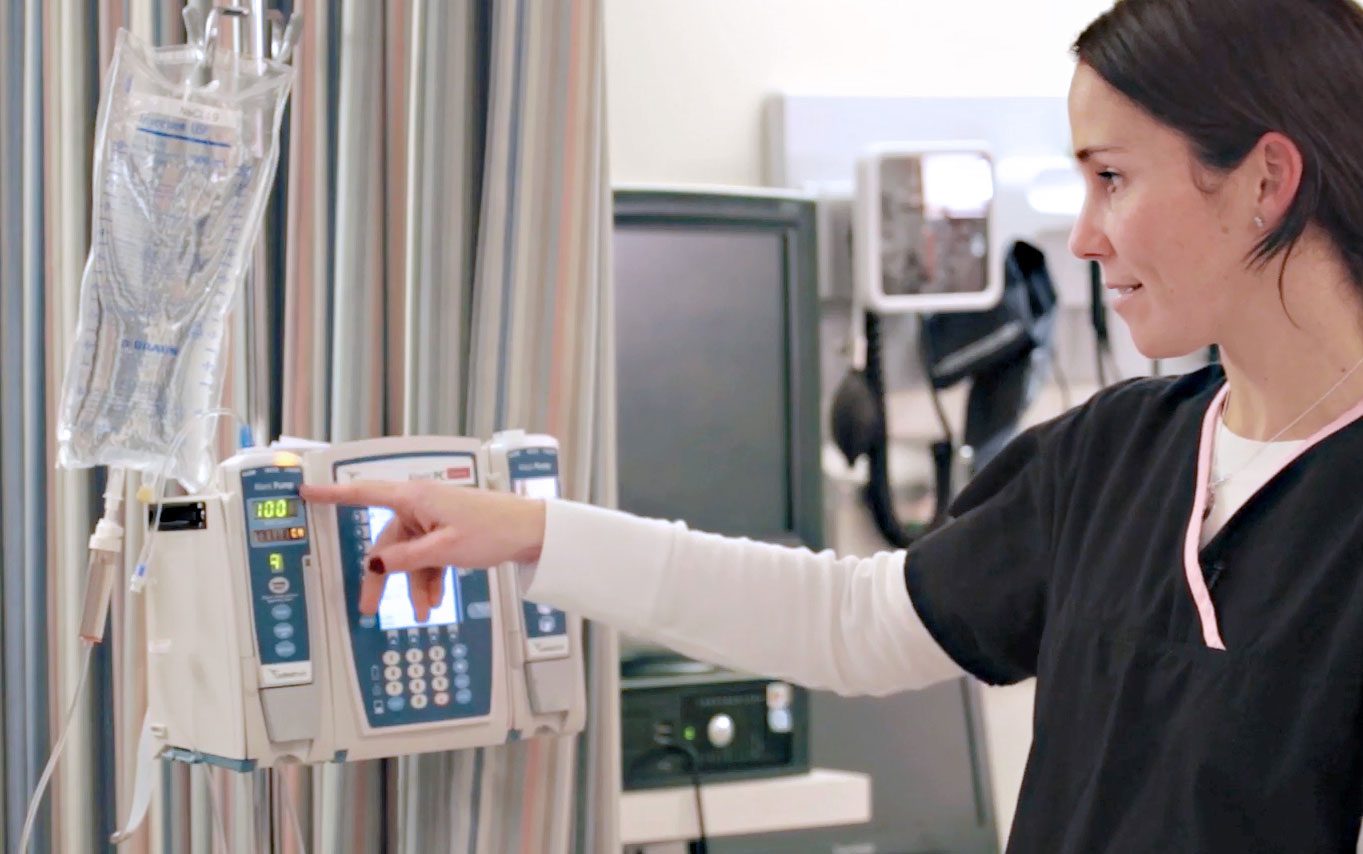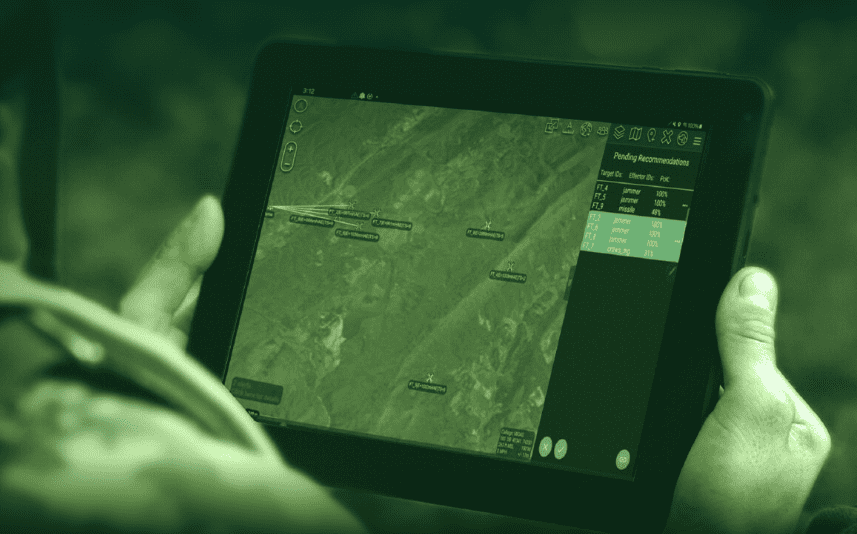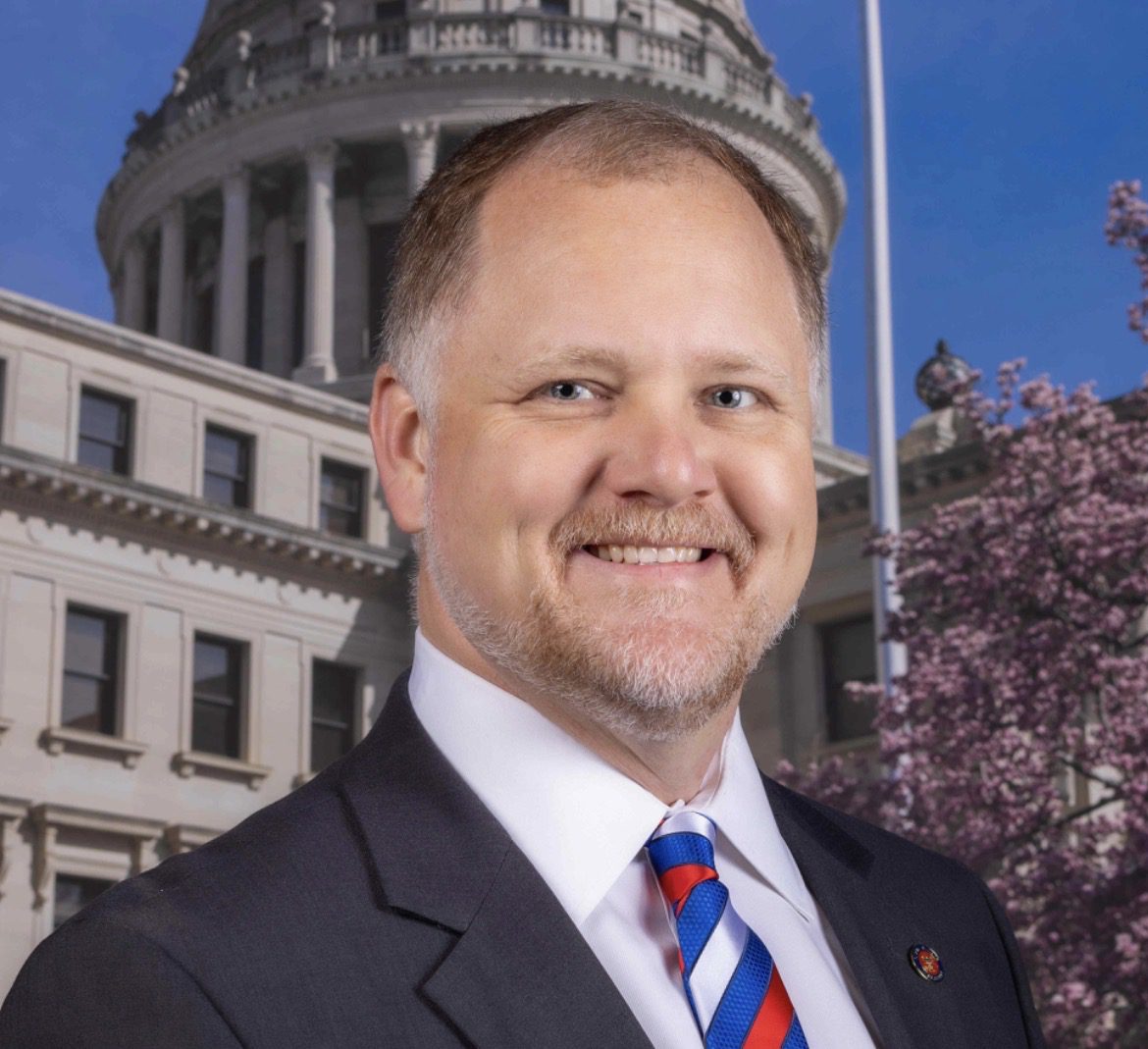
- MAIN Director Dr. Kollin Napier explains his role in exclusive Q&A with Magnolia Tribune.
The Magnolia State is leading the nation with the first statewide AI initiative, the Mississippi Artificial Intelligence Network (MAIN), led by Dr. Kollin Napier.
After earning an associate’s degree in information systems technology from Jones College, Napier earned undergraduate, graduate and doctorate computer science degrees from Mississippi State University (MSU), with a focus on AI, cybersecurity, and software engineering. His career began at MSU, advancing from software apps developer to software architect. An employee of Mississippi Gulf Coast Community College (MGCCC), Napier was named director of MAIN in January.
Q: The primary goal of MAIN, in its simplest terms, is to upskill the workforce. How do you intend to accomplish this ambitious goal?
A: MAIN is an ambitious and groundbreaking effort, funded by AccelerateMS, Mississippi’s Office of Workforce Development. The primary goal of MAIN is to upskill the workforce in response to the rapidly evolving AI landscape. This initiative is designed to provide statewide leadership through AI awareness, education, and hands-on training, all delivered through free and accessible resources.
To accomplish this goal, MAIN is spearheading several key initiatives. These include offering free, flexible, self-paced online training courses that cover fundamental and advanced AI topics, as well as conducting AI literacy workshops across the state. MAIN also fosters strategic partnerships with educational institutions, community colleges, universities, and industry leaders to ensure a collaborative approach in preparing Mississippi’s workforce to leverage AI technologies.
These efforts are not just about education; they’re aimed at driving economic growth, enhancing workforce competitiveness, and positioning Mississippi as a leader in AI adoption. By equipping individuals and businesses with the skills to integrate AI into their operations, MAIN is creating pathways for both immediate and long-term economic impact across the region.
Q: MAIN is working with Mississippi’s community colleges, institutions of higher learning, and private colleges. What can you tell us about private industry’s involvement?
A: Private industry has actively joined MAIN’s efforts, which are led by MGCCC. MAIN has strategic partnerships with companies like Intel and Dell, with membership including representatives from organizations such as Amazon (AWS), Google, and others. In the manufacturing sector, partnerships extend statewide through the Mississippi Manufacturers Association (MMA).
Additionally, MAIN partners with all 15 community colleges, several universities, the Mississippi Community College Board (MCCB), Mississippi Association of Community Colleges (MACC), and AccelerateMS. Membership also includes representatives from public and private universities, state agencies, state government, businesses, and industries. MAIN welcomes participation from public and private organizations both within and outside Mississippi.
Q: How does MAIN facilitate collaboration between academia, industry, and government in the AI environment?
A: By maintaining constant communication across all sectors. This is achieved through newsletters, social media engagement, and quarterly in-person meetings that bring together leaders across all sectors of Mississippi. Additionally, MAIN provides weekly AI news roundups to keep everyone informed about daily developments in the rapidly changing AI landscape.
At the national level, MGCCC is one of five hand-picked community colleges that are part of the American Association of Community College’s (AACC) Artificial Intelligence Incubator Network (AIIN) 2.0, which focuses on AI in Manufacturing. These efforts ensure that all parties remain aligned and actively participate in shaping the future of AI in Mississippi.
Q: What are the biggest challenges you face in fostering AI innovation and adoption across the Magnolia State?
A: Awareness and resistance to change. Many individuals simply don’t know what they don’t know, leading to a lack of understanding about AI and its potential benefits. Additionally, there’s often hesitation to embrace new technologies due to uncertainty or fear of the unknown. MAIN addresses these challenges by providing Mississippians with knowledge and practical skills in utilizing AI. By educating people on what AI is, how it works, and how to ensure its ethical and responsible usage, MAIN works to overcome these barriers and promote widespread adoption of AI technologies.
Q: How do you ensure that the implementation of AI within the network aligns with ethical guidelines and promotes inclusivity?
A: By making these principles foundational to all its efforts. Ethical considerations and inclusivity are key components in addressing the needs of AI across Mississippi. MAIN integrates these elements into all the free resources it provides to the community. Additionally, MAIN offers a comprehensive, dedicated course on AI Ethics, which educates individuals and organizations on responsible AI practices.
Q: Can you share examples of successful projects or partnerships emerging from MAIN?
A: MAIN has already fostered several successful projects and partnerships since its inception. A notable example is the partnership with MGCCC, which is leading MAIN’s efforts by providing free Continuing Education Units (CEUs) to K-12 teachers and free School Executive Management Institute (SEMI) credits to K-12 administrators. This initiative meets the educational needs of educators statewide, preparing them to integrate AI into their classrooms and equip the next generation of the workforce with essential AI skills. MAIN continues to generate tremendous interest locally, statewide, and even beyond Mississippi in addressing workforce needs through AI awareness, education, and training.
Beyond its initial partnerships, MAIN has expanded its reach to include state agencies such as the Institutions of Higher Learning (IHL), Mississippi Department of Education (MDE), and Information Technology Services (ITS). Additionally, MAIN collaborates with initiatives like the Advancements in Manufacturing Upskilling Program (AiMUP), Industrial Training and Assessment Center for Cybersecurity (ITACC), Mississippi Cyber Initiative (MCI), Center for Cyber Education (CCE), and more. These collaborations have led to the development of comprehensive AI training programs and resources that are positively impacting communities across the state. For example, all 15 community colleges recently held a curriculum alignment meeting that modified several general computer applications courses to include AI and cybersecurity; this update will have a broad impact on students at all community colleges.
Q: How is MAIN supporting local businesses in adopting AI technologies?
A: By providing open access to AI courses that equip (local businesses) with the necessary knowledge to integrate these technologies into their operations. Beyond these courses, MAIN offers additional learning opportunities such as MAIN Focus, which showcases specific tools and practical applications of AI, including examples like Copilot with Microsoft 365.
MAIN continues to provide workshops, presentations, and keynote speeches across the state to spread awareness of the impact of AI and demonstrate how Mississippi is embracing it through MAIN’s initiatives. These efforts empower local businesses to harness the benefits of AI, fostering innovation and competitiveness within the state’s economy. The connection with MMA and AACC’s AIIN 2.0 project ensures that MAIN is aware of the cutting-edge connection between manufacturing and AI.
Q: What are your future goals for the network, and how do you plan to expand its impact in the coming years?
A: MAIN is dedicated to expanding its partnerships throughout Mississippi and beyond to offer the essential resources needed for all sectors of the workforce to thrive in an AI-driven world. Leveraging its current momentum, MAIN aims to provide practical solutions across the state by closely collaborating with state agencies, legislators, educational institutions, and industry leaders. By planning to develop and implement practical solutions for Mississippi, MAIN seeks to advance the state’s position in the AI landscape. Furthermore, MAIN plans to cultivate AI hubs around the state to spur AI awareness, AI training, and economic growth. Through fostering innovation, promoting education, and facilitating collaboration, MAIN is committed to expanding its impact in the coming years, ensuring that Mississippi remains at the forefront of AI advancement.
Q: How can one enroll in these free AI courses?
A: Anyone in Mississippi can enroll in these free AI courses by visiting here. MAIN offers free, online courses accessible to anyone, anytime, with no technical knowledge required. Participants can stop, start, or continue at their own pace. You don’t need to be a computer scientist to learn about AI. These courses include Introduction to AI, Introduction to Generative AI, AI for Manufacturing, Applied Ethics for AI, and AI for Cybersecurity, with more being added regularly, all aimed at equipping Mississippians with the essential skills to thrive in an AI-driven world.
Q: How can someone contact MAIN?
A: Through multiple channels. MAIN is active on social media platforms such as Facebook, LinkedIn, and X (formerly Twitter), where updates and information are regularly shared. You can reach out directly via email at MAIN@mgccc.edu or visit the website here for more information. Additionally, further contact details and resources are available by clicking here.











